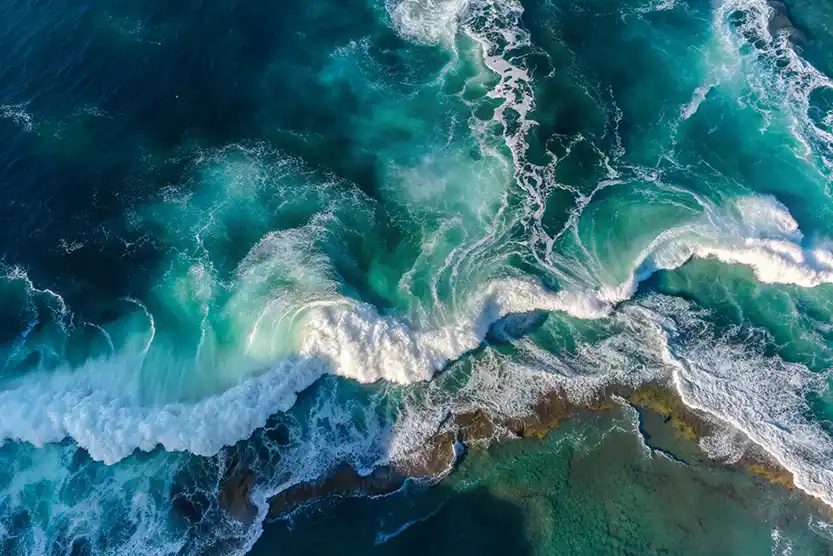Oceans, which cover about 70% of the Earth's surface, play a key role in regulating global climate and weather patterns. Climate change has profound impacts on these large aquatic ecosystems. They absorb solar energy and make the oceans warm more slowly than the atmosphere, defining coastal climates with few extremes of hot and cold. But their deep warming and acidification as a result of greenhouse gas emissions have increased the risk to aquatic species and marine ecosystems.
Effects on the structure and functioning of the oceans
Deep ocean warming has brought about changes in their layers, affecting water circulation patterns and sea level rise. This has important consequences for ecosystems such as melting glaciers and increased destruction of coastal habitat. At the same time, ocean acidification has led to increased vulnerability of coral reefs and other marine species to damage.
The role of ocean policies and protection
To address these challenges, countries and international organizations have initiated their own measures. For example, marine protected areas and strategies to reduce greenhouse gas emissions are part of efforts to preserve marine ecosystems and protect the services they provide. As earth.org these efforts include the 30% land and water conservation initiative by 2030, as well as global climate agreements aimed at reducing the impact of climate change on the oceans.
The need for global commitment and continuity in climate action
To protect the oceans and prevent the further consequences of global warming, it is important that the international community continues to engage in action to reduce greenhouse gas emissions and support practices that ensure the sustainability of marine ecosystems. This requires joint efforts and global coordination to address the complex challenges of dealing with ocean climate change.






